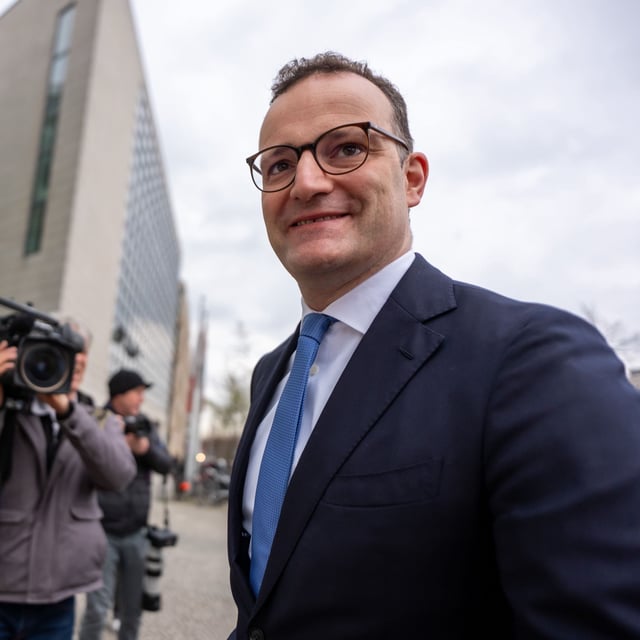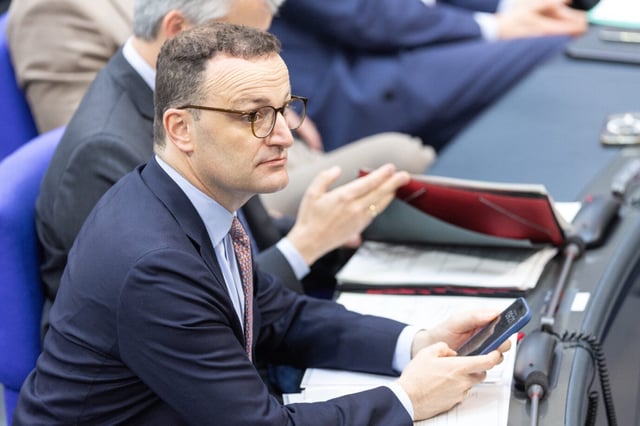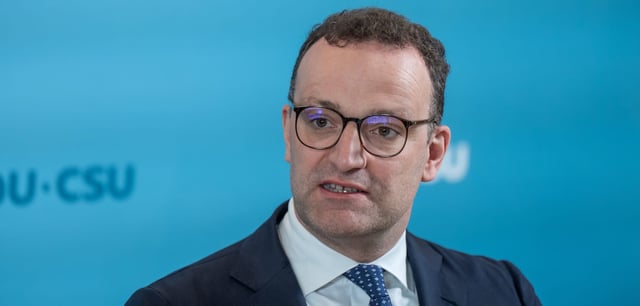Overview
- Unionsfraktionschef Jens Spahn has labeled the increasing proportion of migrants in the Bürgergeld welfare system as 'social dynamite,' urging immediate reforms.
- Current figures show 48% of the 5.4 million Bürgergeld recipients in Germany are non-German citizens, with significant contributions from recent refugee movements.
- The federal budget allocates €52 billion annually to Bürgergeld, a cost Spahn argues must be curbed through stricter work requirements for recipients.
- While the coalition agreement includes plans for Bürgergeld reform, Labor Minister Bärbel Bas has yet to present concrete proposals.
- The government also aims to reduce illegal migration to zero, with Interior Minister Alexander Dobrindt implementing stricter border controls.



